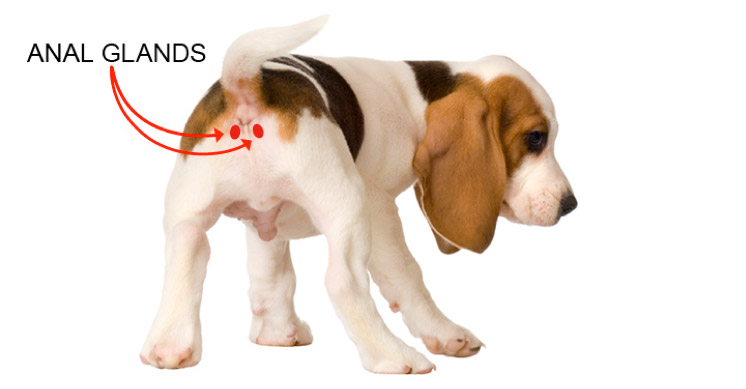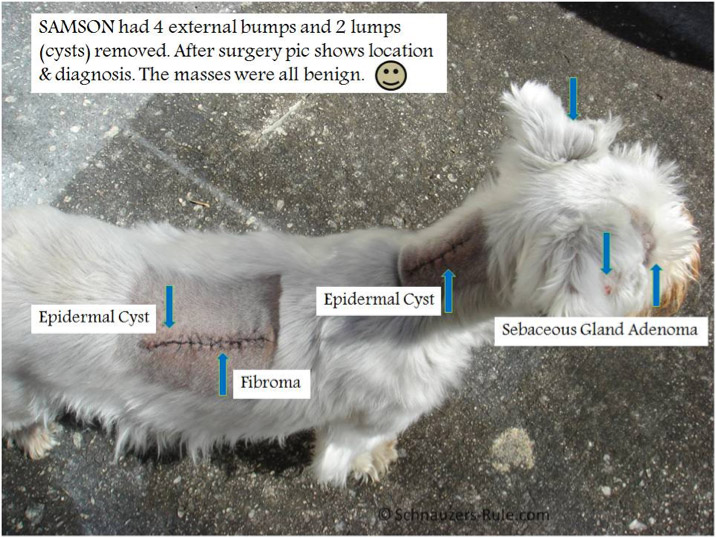dog tumors lymphoma in pets
Buster’s Vision Education Tool
Animal Tumors & Lymphoma
By Bobbi Evenson, “Proud to be an Animal Advocate”
August 10, 2017

Lymphoma in dogs is more likely to arise in 70% purebreeds after the age of 10. Adopt a mutt.
Share this Post
Animal Tumors
Don’t panic if you find a lump on your fur-baby. There are benign (harmless) lumps and malignant (cancerous) lumps. These lumps are commonly known as animal tumors. Many animals develop tumors as they get old. So do humans. Most tumors on pets are benign. Many pet owners have benign animal tumors removed due to large size. Large tumors can interfere with an animal’s movement or cause pain because of location. Especially if the large tumor is in a location which causes rubbing or irritation.
What is the difference between benign animal tumors and malignant animal tumors?
There are many types of animal tumors. Animal tumors are an abnormal growth of cells. They affect the skin or the tissue in your pet. Benign tumors are harmless. Malignant tumors are cancerous and require a veterinary expert to identify them. Most benign tumors are fatty skin tumors known as lymphoma or lipoma. Lymphoma in pets usually happens in old age.
Treatment in Pets
Pet cancer victims. Radiation or chemo treatment may be able to extend a pet’s life. The question to consider is the quality of life during treatment and after for your pet. I am not a veterinarian. I am not in the position to advise what is best for your pet. Do your research and discuss options for your pet with your veterinarian.
It is important to realize if your pet develops cancer. It’s not your fault regardless of the decision you make for your pet’s health. I lost a pet to cancer. I attended group therapy. Several people felt guilty about not doing treatment for their pet. In contrast, several people felt guilty about putting their pets through the treatment. A pet can’t talk. It is a very difficult decision.
List of things you can do to prevent or control benign animal tumors:
- Buy high-quality reputable pet food ensured with vitamin content. (Some pet foods come from pet rendering factories.) Always read the label. Don’t skimp on cost.
- I give my dog ONLY organic dry dog food as she has benign tumors. (Changing pet food frequently can be disagreeable to a pet’s stomach.) For a treat, I give nuggets of her dry dog food, carrots or apple. (I don’t think she knows the difference between expensive dog treats or her dry dog food. She has absolutely no bias when it comes to food.) What happens when a new tumor appears? I can use the process of elimination with her pet food or carrot and apple treats. She may need a new pet food or cut back carrots or apple. This process has worked very well for my dog and me.
- Consider buying or preparing a raw pet food diet. Research is a must.
- Always check tumor activity daily. Check increase in tumor size or for new tumors.
- When outdoors, always keep your dog on a leash so you can supervise them. You don’t want them to eat something rancid or poisonous which can easily cause a tumor or cancer.
- When visiting family and friends alert them to your fur-babies allergies to food. (I have to monitor food on the floor when visiting grandchildren. They are now old enough to understand dog tumors and allergies. We all take extra care of food on the floor and watching Galileo.)
- There are homeopathic detox cleansing and organic medications you can use to help clean out your pet’s system. You need to research these detox cleaners and medications. Many of these products are not regulated or approved by EPA.
- Talk to your veterinarian about shots, side effects, and alternative or homeopathic remedies.
- Talk to your veterinarian about meds, biopsy and surgeries.
- Exercise your dog daily. I read that fatty tumors develop because of lack of exercise. Makes sense to me.
- Schedule regular check-ups with your veterinarian to keep the tumors in check and to rule out possible malignant tumors.
Personal Experience with Dog Tumors and Alergies
My sweet dog has become a lumpy dog over the years with benign dog tumors. To be sure, tumors and odor can be a good indicator your dog has allergies to foods as I found with my dog. Many allergies can be very dangerous and/or deadly. Dog tumors can increase in size and new dog tumors will flourish with old age. With this in mind, you need to check tumor activity daily as a safety net and consult with your vet during regular scheduled pet check-ups. My fur-baby is going on eleven years old. She is a purebred Chocolate Labrador prone to tumors as are many purebred dogs. Sadly, you will be amazed how many purebred dogs are susceptible to tumors and cancer. Something to think about before you get a purebred.
Anal Glands
With tumors, bad odors can occur because of possible allergies to food and poor digestion. Blockage of anal glands may occur. See self-help with clearing anal glands below. Refer to article link in blue under dog picture, “Dog Anal Glands”.


